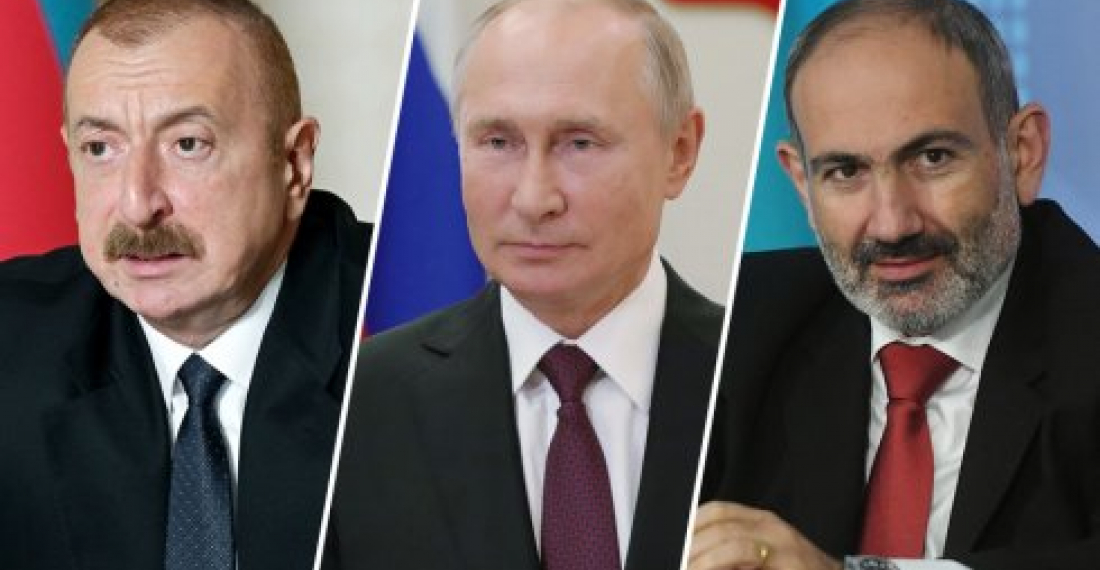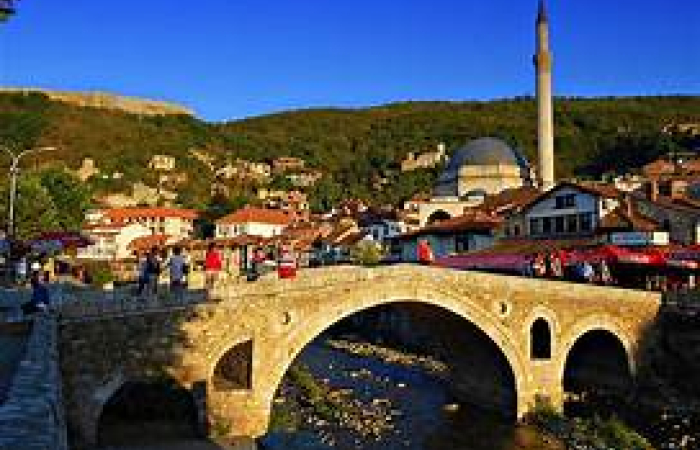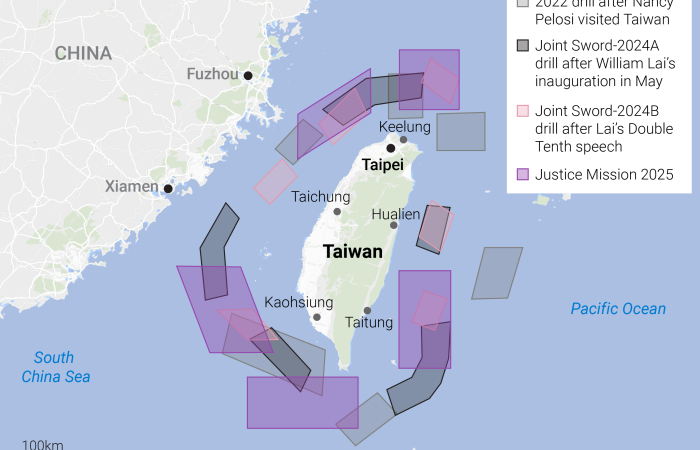В шаге, который некоторые видят в качестве прелюдии к личному участию в процессе прекращения боевых действий между армянами и азербайджанцами на Южном Кавказе, президент России Владимир Путин в последние дни провел переговоры с премьер-министром Армении Николом Пашиняном и президентом Азербайджана Ильхамом Алиева.
В кратком заявлении из двух предложений, опубликованном в понедельник вечером (2 ноября) на сайте Кремля, говорилось: 1 и 2 ноября, соответственно, Владимир Путин разговаривал по телефону с премьер-министром Республики Армения Николом Пашиняном и президентом республики Азербайджана Ильхам Алиев. Подробно обсуждались вопросы урегулирования нагорно-карабахского конфликта.
Хотя Россия была вовлечена с самого начала конфликта в усилия по прекращению боевых действий и даже способствовала прекращению огня в первые дни войны, президент Путин держался в основном в тени. Похоже, что российский лидер обдумывает следующий шаг - пригласить обоих лидеров в Москву. Путин знает, что может разыграть эту карту только один раз, поэтому неохотно делает это, если у переговоров нет хороших шансов на успех. Мы скоро сделаем это, если это время сейчас.
source: commonspace.eu






